Date: 25 Jan 2019
Aches and pains are a common symptom of old age for everyone, but for men there is another condition that can emerge which is quite painful. This is of an enlarged prostate or benign prostatic hyperplasia (BPH). In men, the prostate gland becomes slightly enlarged after the age of 40 or 45. In men post 60 years of age, this problem is known to become quite common. While this is a normal occurrence, in some cases it can start becoming quite painful and problematic.
As the prostate continues to enlarge, it starts to press down on the urethra. This added pressure on the urethra can lead to problems with urination and pain as well.

CAUSES OF ENLARGED PROSTATE
While an exact cause for this condition is not certain, an enlarged prostate is a part of normal ageing in men and is typically caused by an increase in the number of cells. As the growth of cells increases, it causes the prostate gland to swell or inflame leading to a bigger size that presses down on the urethra.
SYMPTOMS OF ENLARGED PROSTATE
In the initial stages, most men may not be able to notice any specific signs or symptoms. However, as the prostate continues to swell, the obstructive and irritative symptoms given below may start to arise.
- Difficulty in starting urination
- Inability to fully empty bladder
- Urge to urinate suddenly and frequently
- Pain while urinating
In some cases if the symptoms are mild, most people may not want to start treatment and can prevent this condition from worsening by adopting a healthy lifestyle. However, if symptoms worsen or become increasingly painful, the doctor may recommend certain treatment options. Most of these involve medications that contain harsh chemicals that may result in several side-effects to the major organs.
HERBAL ASSISTANCE FOR AN ENLARGED PROSTATE
Assistance for this natural condition can also be found through herbs and natural substances that do not have any harmful side-effects. Some of the best herbs to help an enlarged prostate include:
Saw palmetto: This is a leading herb used to treat problems of male reproductive system including an enlarged prostate via its following properties:
- Enhances prostate function by reducing contractility and decreased cell proliferation in the bladder.
- Supports in cases of lower urinary tract symptoms.
- Improves urinary flow in BPH patients.
Tribulus terrestris: A potent herb for men’s health, Tribulus terrestris helps treat an enlarged prostate with,
- 5α-reductase type of activity
- Cytotoxic, anti-proliferative and pro-apoptotic activities.
Glycine max: This natural extract helps BPH patients with the following,
- Genistein a major component of soy decreases the growth of BPH
- Help suppress prostate cancer growth
Turmeric Rhizome: Considered to be a super spice, Turmeric has been used in the treatment of several illnesses in ancient medicine owing to its numerous health benefits including,
- Help with significant inhibition in prostate growth.
- Curcumin is useful as a functional food for BPH.
- Excellent phytotherapy for prostate cancer.
Combining all these beneficial herbs in their right proportion for a natural supplement is Charak Pharma with their unique herbal solution – Actoprost. This is an herbal supplement that supports the normal functioning of the prostate by ensuring a healthy hormonal balance and cell growth factors. Due to its anti-oxidant effect, it helps slow down the ageing effect on the prostate and balance the frequency and urgency of urination. Thus, Actoprost eases the urine flow and is a complete support for prostate health.
In addition, Actoprost is a natural and pure herbal supplement that is free of animal ingredients, yeast, wheat, milk, egg, artificial flavors, added sugar or starch. Thus, it is extremely safe for consumption without harmful consequences.
LIFESTYLE TIPS TO HELP WITH AN ENLARGED PROSTATE
- Avoid delaying urination when you feel the urge to urinate.
- Reduce or avoid consumption of caffeine and alcohol as it can irritate the bladder.



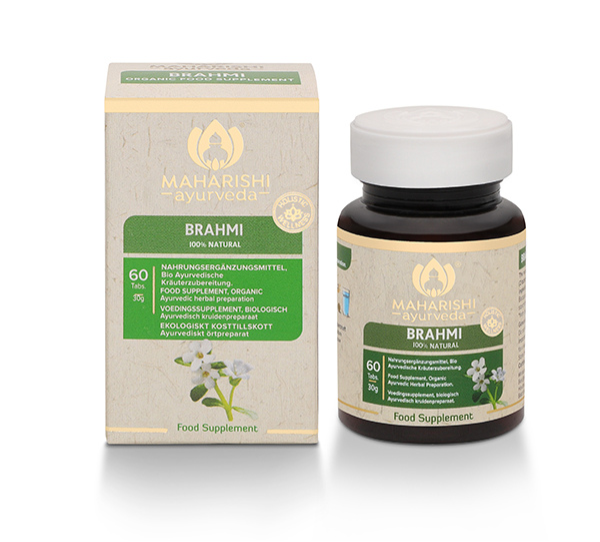
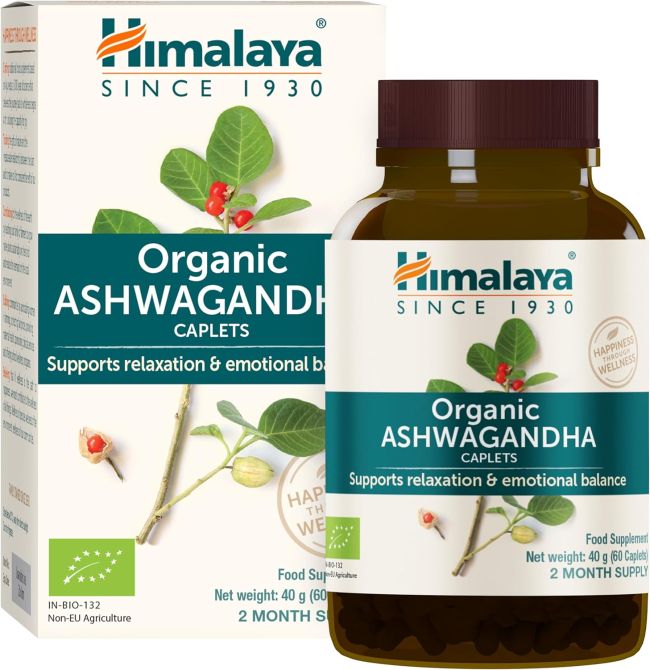
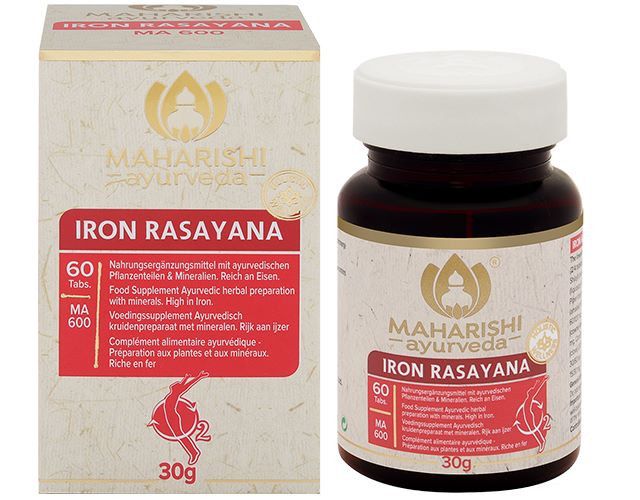
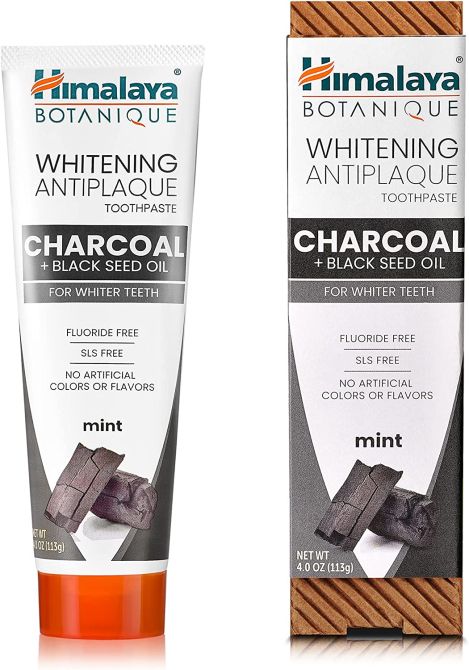
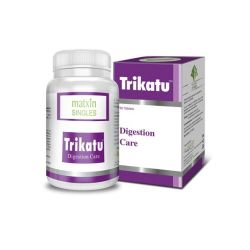
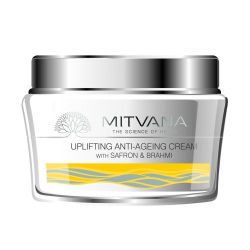
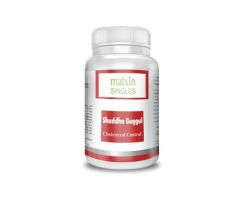


Post comment